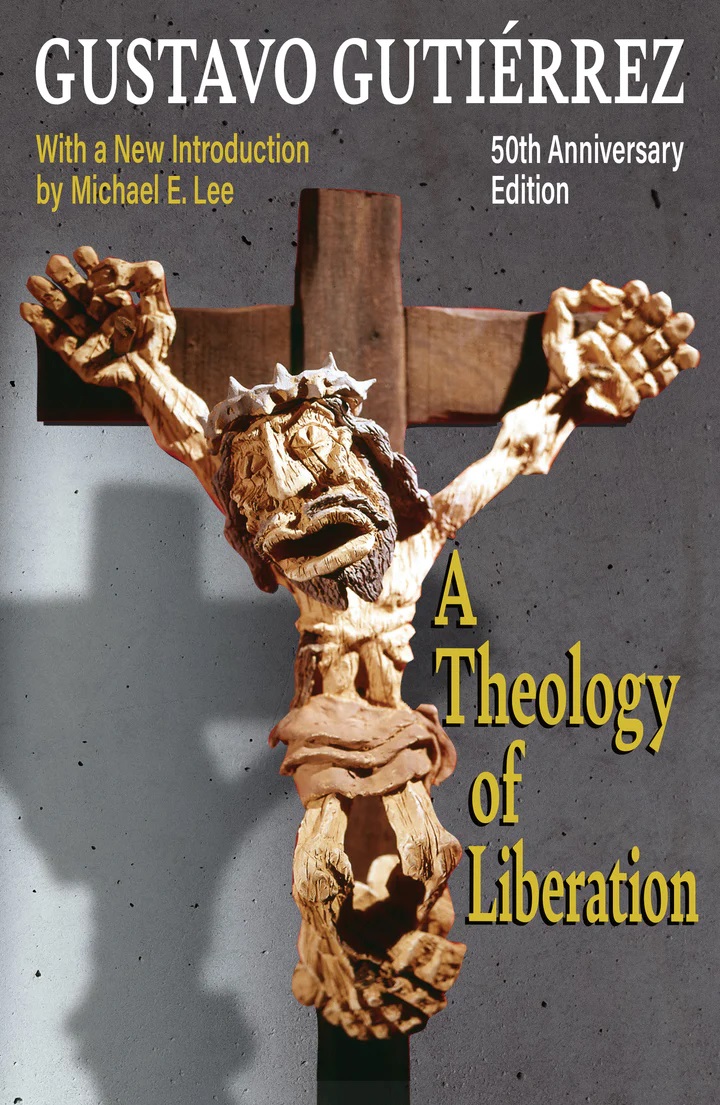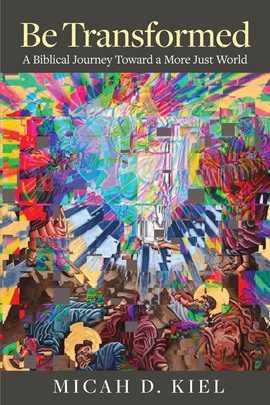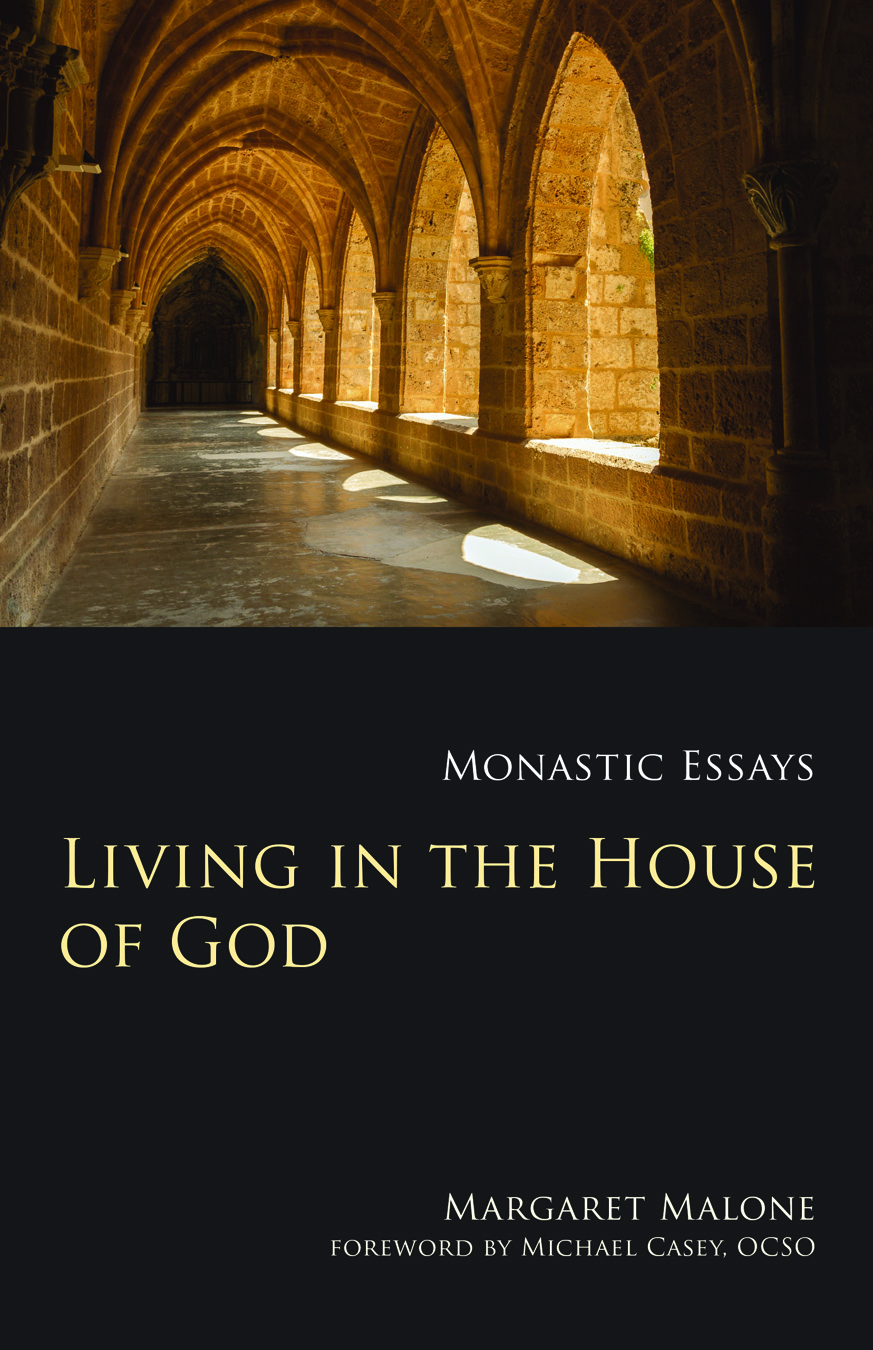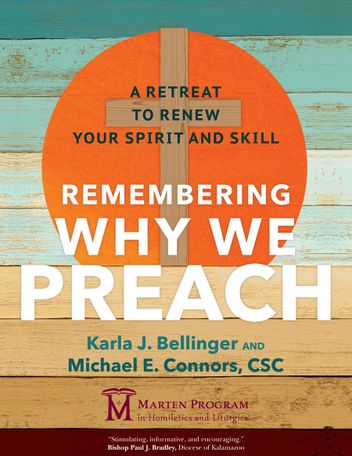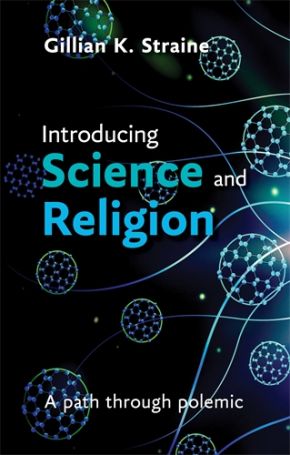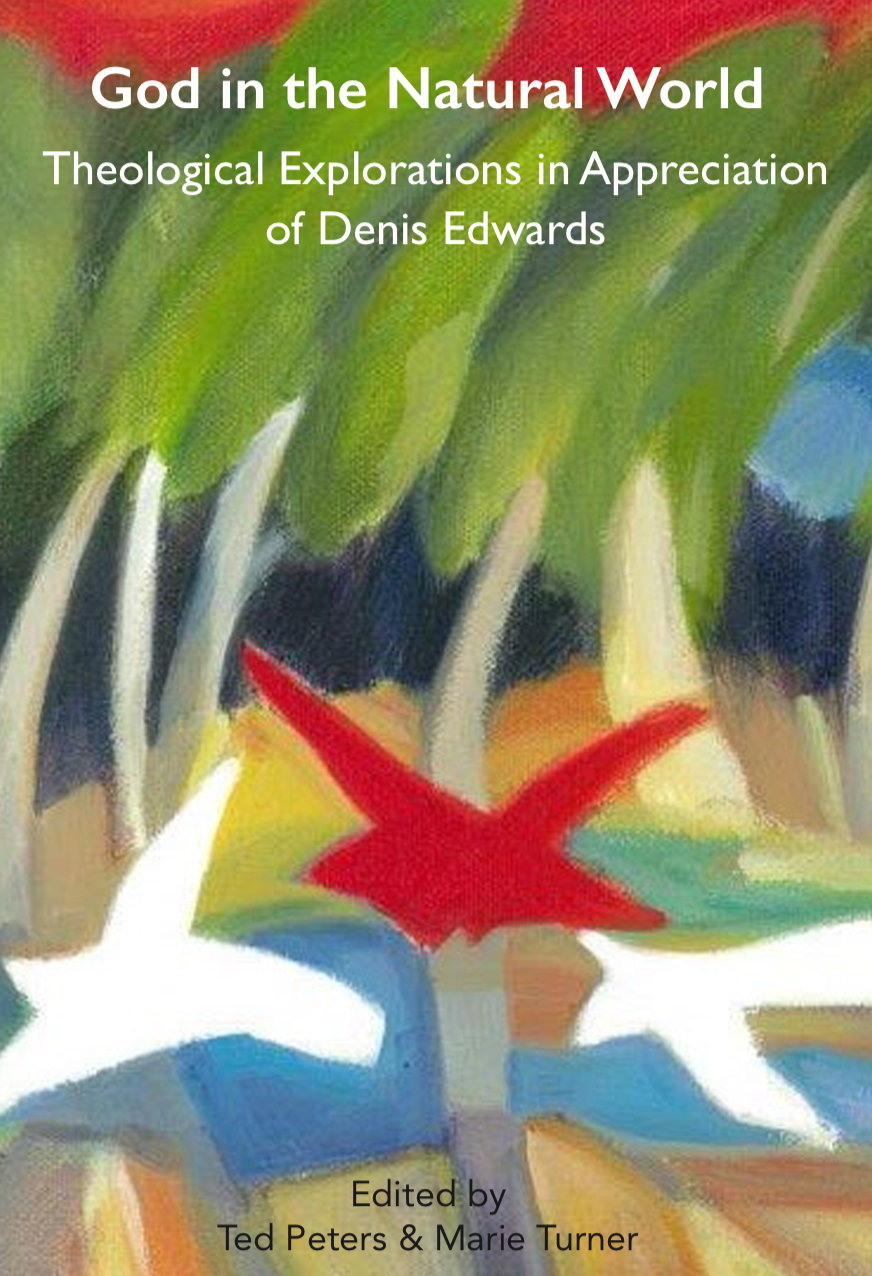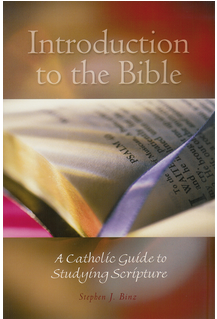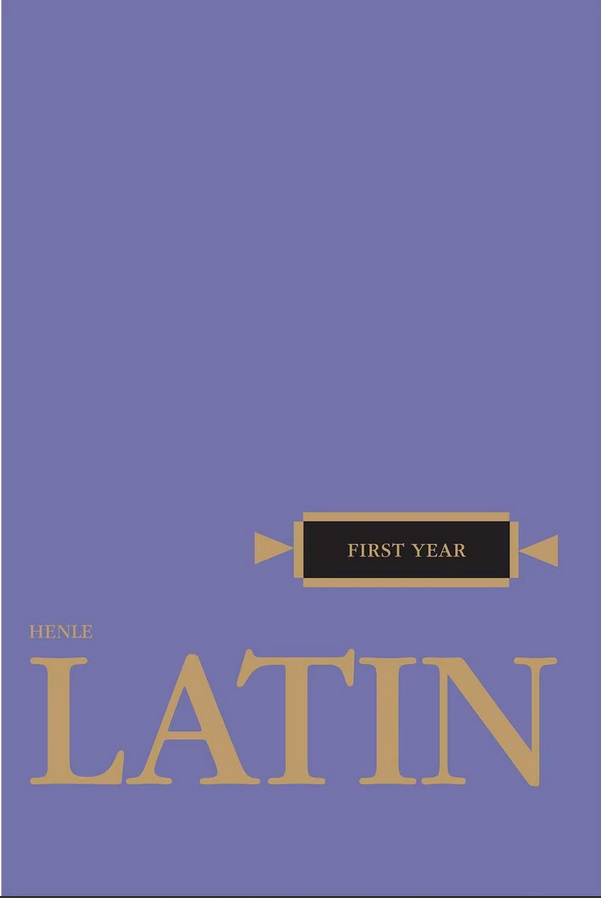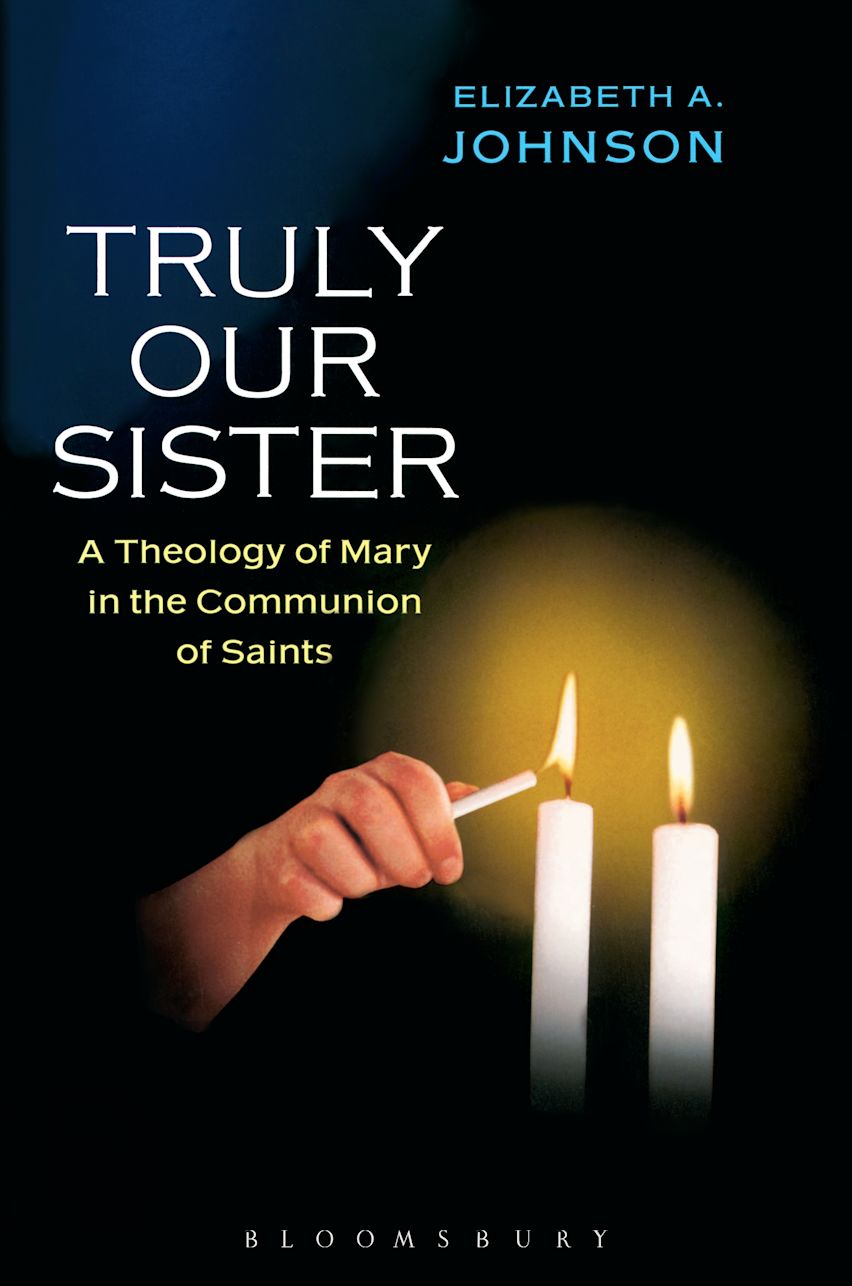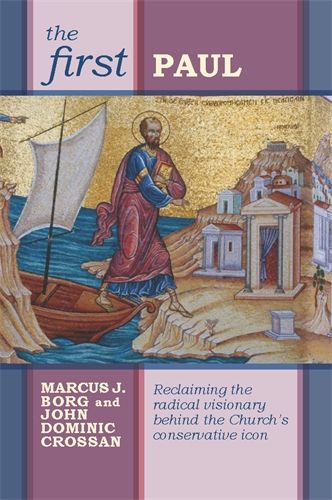Tracing developments in sacramental theology over the past twenty-five years, this study explores a growing ecumenical dynamism in both the academic study of sacramentality and its centrality in pastoral applications. But how does ecumenical excitement in a renewed discovery of sacramental theology fit with different theologies of church and different pastoral beliefs and practices? How does the universality of academic accessibility in the form of an expansive ecumenical sharing of perspectives meet the particularities of pastoral reality and ecclesial polity? Arguing in favor of fruitful ecumenical conversation, this book also focuses on the crucial interaction of ecclesiology, liturgical practice, and sacramentality, which raises the need for a creative tension between the particularities of a given ecclesial system and the catholicity of Christian sacramentality. Using Anglican sacramental theologies and Anglicanism as vehicles of exploration, this study contributes to an overview of the state of the field of sacramental theology in the twenty-first century while challenging the assumption that one size fits all. In sacramental theology, as in other important areas of Christian life, unity in diversity may be the basis for authentic lived sacramentality.
Lizette Larson-Miller holds the Huron-Lawson Chair in Theology at Huron University College, University of Western Ontario in London, Ontario, Canada. She has also taught sacramental theology and liturgical studies at Loyola Marymount University, the University of Notre Dame, Church Divinity School of the Pacific, and the Graduate Theological Union. Her educational background includes an undergraduate music degree in conducting, an MA in liturgical studies from Saint John’s University, Collegeville, and a PhD in history and liturgical studies from the GTU. She has written extensively on rites with the sick, dying, and dead, as well as on sacred space, popular religiosity, and contemporary ritual issues. Ordained priest in the Episcopal Church in 2002, she has continued working in various parishes while teaching and is very interested in maintaining the connection between dedicated academic work and its contribution to pastoral ministry.

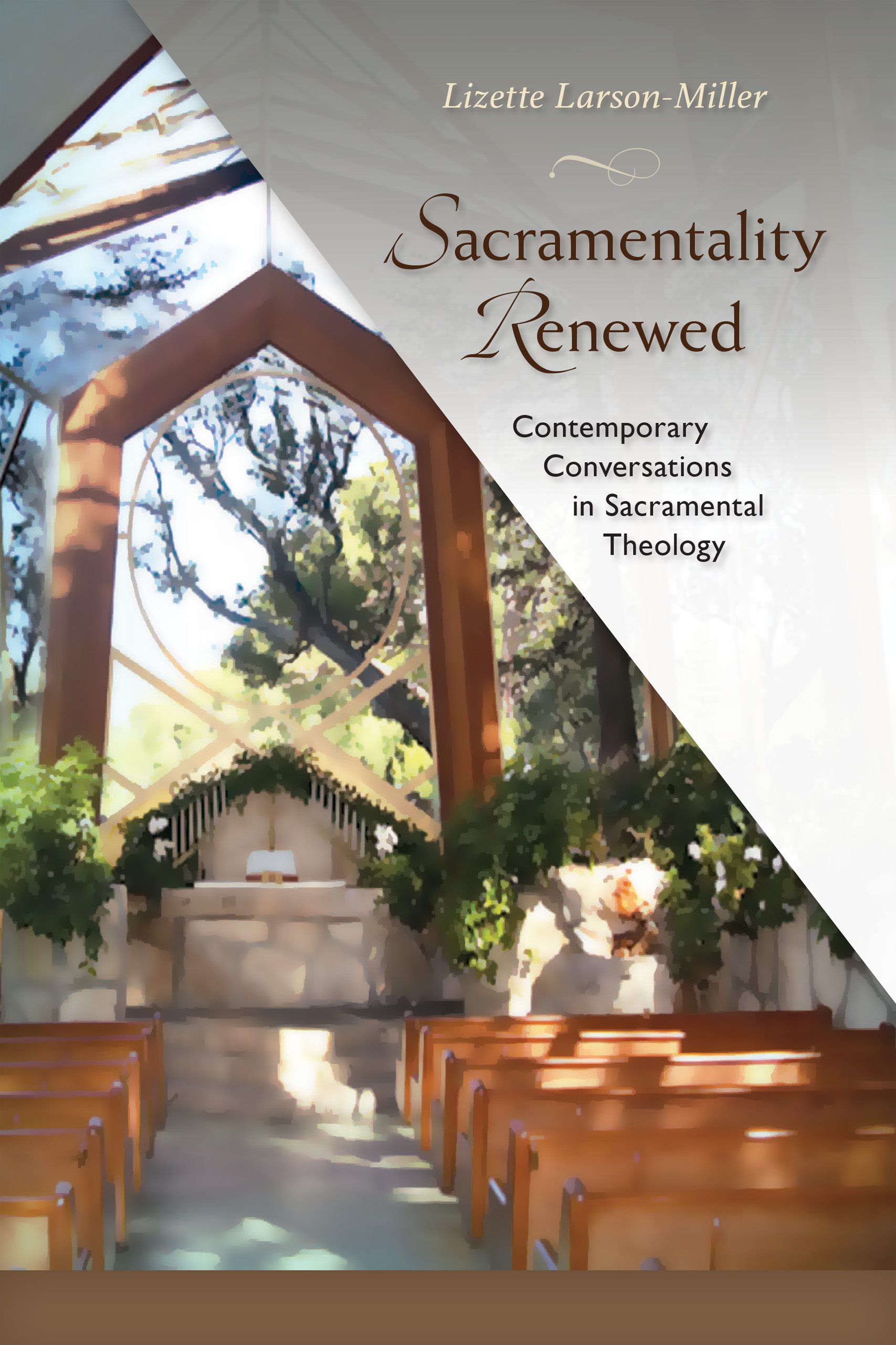
 Back
Back
